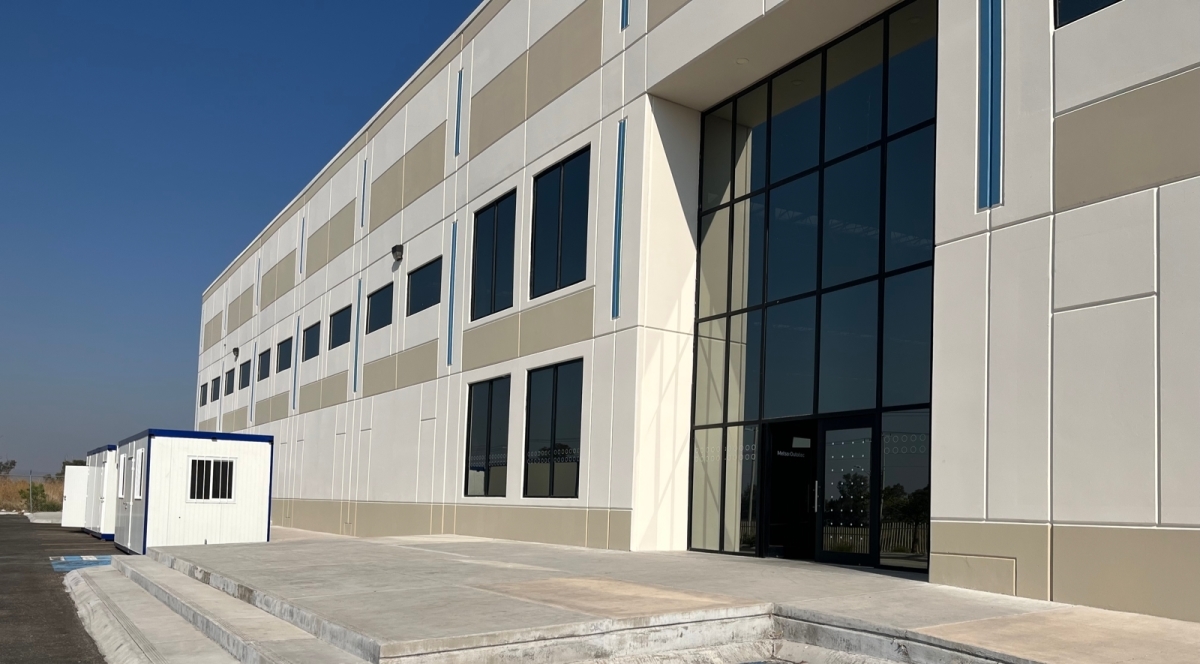Metso Outotec restructures its screening media production in North and Central America
28.02.2023Metso Outotec is developing its global supply chain operations by reorganizing its screening media production in North and Central America. The company invests in new screening media production capacity in Irapuato/Mexico, which is planned to significantly increase supply and delivery capabilities for mining and aggregates customers in the region. As a part of the reorganization, the company has decided to discontinue its screening media operations in Warrenton, Missouri in the United States.
 Metso Outotec restructures its screening media production in North and Central America to increase supply and delivery capabilities
Metso Outotec restructures its screening media production in North and Central America to increase supply and delivery capabilities
© Metso Outotec
The new factory in Mexico will start operations gradually during the first half of 2023. Once fully operational during the third quarter, the total production capacity is planned to double by 2024 from the current level. “We will serve customers with shorter lead times and faster deliveries by utilizing a production site optimized for screening media products. The new factory is located close to our rubber and Poly-Met factory in Irapuato, and it further strengthens Mexico’s position as a center of expertise for producing high-quality consumables,” says Heikki Metsälä, President, Consumables business area.
The new screening media center is expected to employ around 46 people. Today, Metso Outotec has approx. 370 employees in its rubber and Poly-Met operations in Mexico. In 2022, Metso Outotec announced that it invests in establishing its first polymer filter plate production unit in Mexico.
The screening media production in Warrenton will be ramped down by the end of 2023. The closure is expected to affect approximately 40 employees in total. “Our global supply footprint is under continuous development to ensure sustainable and profitable growth and to serve our customers’ growing needs. Closing a factory is a hard but necessary decision to make. We will support our employees throughout the transition,” Heikki Metsälä continues.
